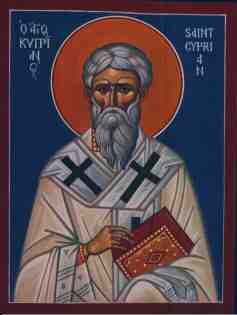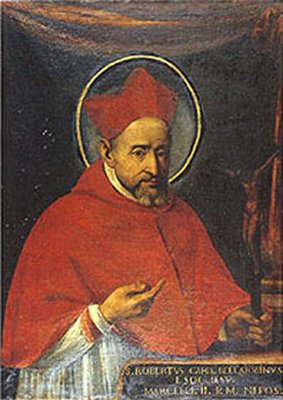
You who are envious, let me tell you that however often you may seek for the opportunity of injuring him whom you hate, you will never be able to do him so much harm as you do harm to yourselves.
He whom you would punish through the malice of your envy, may probably escape, but you will never be able to fly from yourselves. Wherever you may be your adversary is with you, your sin rankles within. It must be a self-willed evil to persecute a person whom God has taken under the protection of His grace; it becomes an irremedial sin to hate a man whom God wishes to make happy.
Envy is as prolific as it is hurtful; it is the root of all evil, the source of endless disorder and misery, the cause of most sins that are committed. Envy gives birth to hatred and animosity. From it avarice is begotten, for it sees with an evil eye honors and emoluments heaped upon a stranger, and thinks that such honors should have been, by right, bestowed upon himself. From envy comes contempt of God, and of the salutary precepts of our Savior.
The envious man is cruel, proud, unfaithful, impatient, and quarrelsome; and, what is strange, when this vice gains the mastery, he is no longer master of himself, and he is unable to correct his many faults. If the bond of peace is broken, if the rights of fraternal charity are violated, if truth is altered or disguised, it is often envy that hurries him on to crime.
What happiness can such a man enjoy in this world? To be envious or jealous of another, because such a one is virtuous and happy, is to hate in him the graces and blessings God has showered down upon him.
Does he not punish himself when he sees the success and welfare of others? Does he not draw down upon himself tortures from which there is no respite? Are not his thoughts, his mind, constantly on the rack?
He pitilessly punishes himself, and, in his heart, performs the same cruel office which Divine Justice reserves for the chastisement of the greatest criminal.
--Saint Cyprian






